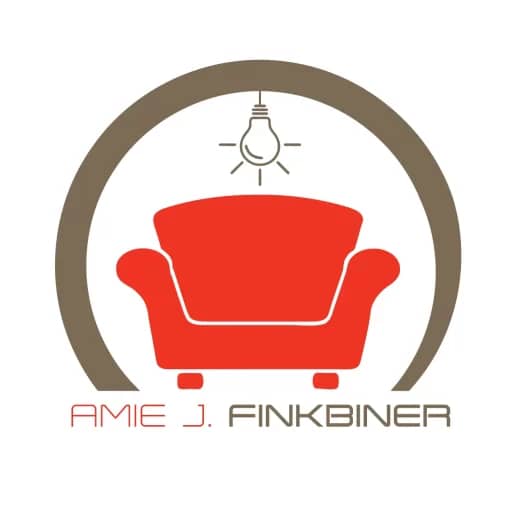Are you considering reaching out for help, but are hesitant due to fear or worry? This post provides a general overview of what therapy is all about. I hope it will help generate realistic expectations if you choose to start working with a mental health provider like myself. The expectations for good counseling involve a five stage process of change: relationship building, assessment, goal setting, intervention/action, and evaluation/reflection.
Five-Stage Process for Change
- Stage 1: As your counselor, you can expect that I will use my skills to start building a trusting relationship. You reciprocate by opening up and disclosing.
- Stage 2: I collect the information necessary to understand your presenting problem. You provide the information by answering questions or providing data on intake forms, tests, or other assessment instruments.
- Stage 3: You participate by identifying and agreeing to mutually determined goals. I use my knowledge and experience to shape goals into objectives that lead to real improvement in your life.
- Stage 4: I identify and implement counseling techniques to aid in the accomplishment of your goals. Your responsibility during this stage is to take action, practice, and do homework.
- Stage 5: I invite you to think about the progress you have made. Together, we will decide whether to continue. I share my evaluation of your progress and give you feedback. At this point we start over with a new problem or end the counseling relationship.

Examining Expectations in Detail
Initial Consultation
First Contact
I offer a free 15-minute phone consultation before booking your first appointment. The purpose of this consultation is to help you assess whether or not you would feel good about us working together. Although you won’t know or trust me yet, you will have a sense of whether or not you can see yourself speaking freely with me about things that are important or difficult. You should get a sense of my personality and can share a bit about what you are experiencing or hoping for. There will also be time to ask any questions you may have about me, the way I work, what happens in therapy, or details about payment and scheduling. At a gut level, you’ll leave feeling comfortable and hopeful or that I don’t feel like a match for you.
Intake Session
First Meeting
Intake sessions normally encompass the first 3 stages of the therapeutic process: relationship building, assessment, and goal setting. First, I will review the information necessary for you to give informed consent for treatment. Next, I will gather some basic information about you and the issues that bring you to counseling. Topics we may discuss include your physical and psychological functioning; your family history; education/employment; and your cultural, religious, or spiritual background.
Finally, we will begin drafting treatment goals. If my therapeutic approach appears to fit with your individual goals, I will offer you some first impressions of what our work will include if you decide to continue with therapy. I encourage you to evaluate this information, along with your own opinions of whether you feel comfortable working with me, in deciding whether to continue with therapy.
Future Appointments
Planning Ahead
Therapy involves a large commitment of time, money, and energy, so you should be careful about the therapist you select. If you decide to continue with treatment, then we will move toward scheduling therapy sessions. After our initial assessment, you might believe that you would be more comfortable working with another mental health provider. There may also be indications that another mental health provider might be better suited to assist you with your specific concerns. If this is the case, I will be happy to provide referrals.
Together, we will typically agree on specific goals for therapy and I will prepare a written treatment plan. Goals will likely change as the therapy progresses and should be renegotiated accordingly. The therapeutic approach used will vary and should be discussed with me whenever you have questions or when you believe therapy is not helpful. How long you remain in therapy and the frequency of sessions is a matter best discussed while we work together to achieve your goals. While it is your right to end therapy at any time, when you decide to end treatment, it is in your best interest to discuss this with me beforehand.
Questions or concerns about these expectations? Click the link below to discuss them further!
